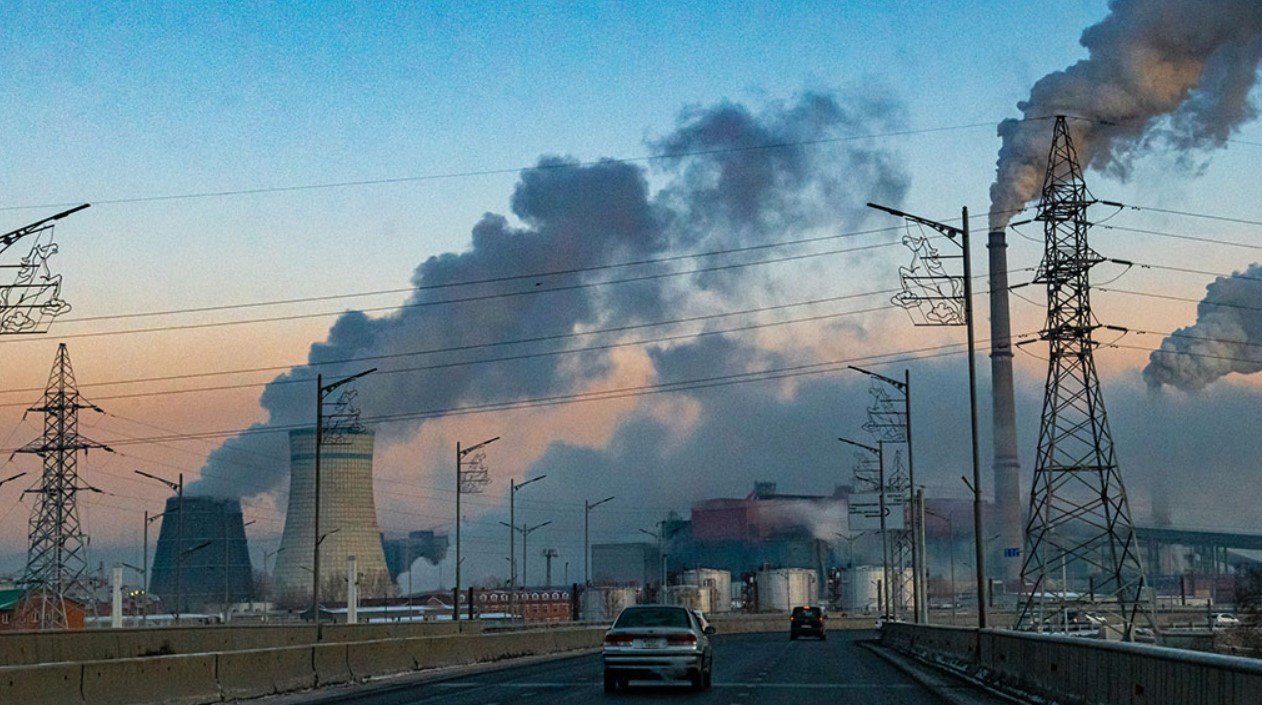In the race to combat climate change, “carbon negative” has emerged as the new buzzword, surpassing the once-popular “carbon neutral.” This term signifies a product or process that supposedly removes more carbon from the atmosphere than it emits. However, the validity of these claims is under scrutiny, as they often lack transparency and can mislead consumers.
The Allure of Carbon Negativity
The concept of carbon negativity has gained traction across various industries, from agriculture to fashion. For instance, certain farming practices, like silvopasture, claim to sequester more carbon than the livestock emits. Similarly, breweries and distilleries boast about producing carbon-negative beverages by tracking their lifecycle emissions and avoiding carbon offsets.
Yet, the challenge lies in the ambiguity of the term “carbon negative.” Without a standardized definition and rigorous verification, these claims can be easily manipulated. Companies might resort to purchasing carbon credits to achieve carbon negativity, a practice that has attracted criticism for being a form of greenwashing rather than a genuine effort to reduce emissions.

The Complexity of Carbon Accounting
Carbon accounting is a complex process that involves measuring, tracking, and managing emissions. It requires a deep understanding of the product lifecycle and the various factors that contribute to carbon emissions. The process becomes even more complicated when attempting to prove that a product is carbon negative.
For a claim to be credible, it must be backed by scientific evidence and transparent methodologies. This includes detailed documentation of the emissions reduced and the carbon sequestered, which must exceed the former. However, the lack of regulation and oversight in this area leaves room for misleading claims that can undermine consumer trust and the fight against climate change.
The Future of Carbon Claims
As the world becomes more environmentally conscious, the demand for sustainable products grows. This has led to an increase in companies making bold environmental claims. However, for these claims to be meaningful, they must be substantiated by clear, consistent, and verifiable standards.
The future of carbon claims will likely involve stricter regulations and standardization to prevent greenwashing. This will not only protect consumers but also ensure that companies are held accountable for their environmental impact. Only then can we hope to see genuine progress in the reduction of carbon emissions and the promotion of sustainable practices.
